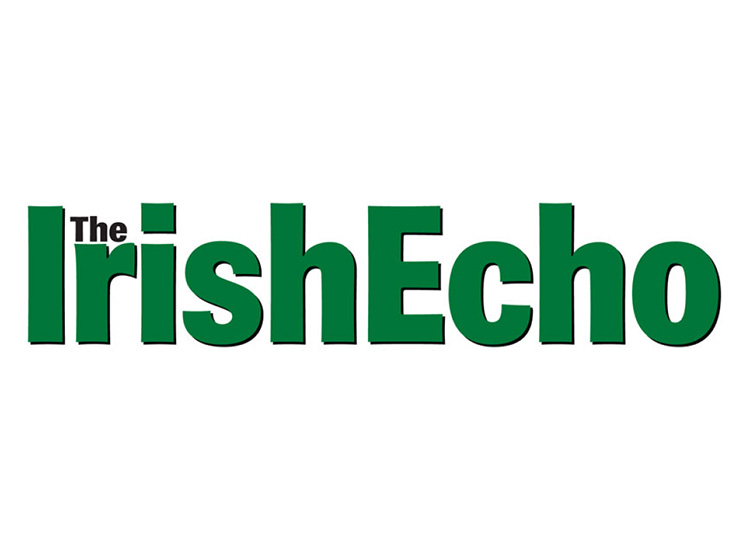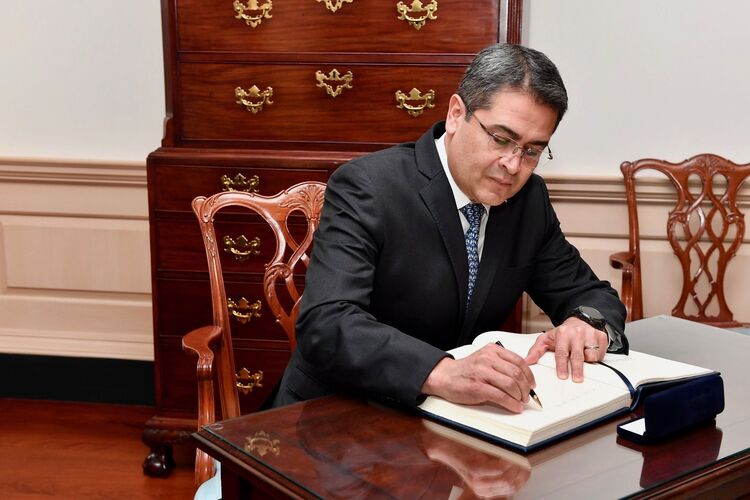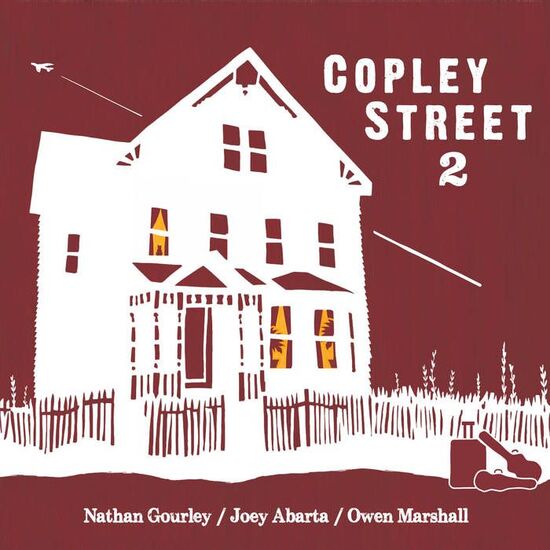Matthew Olwell.
By Daniel Neely
In the player this week is Matthew Olwell’s new album “Cybertrad.” An album that plays at a variety of intersecting ideas, “Cybertrad” speaks to the intense connectedness of contemporary traditional music by bringing together and making sense of a diverse set of sounds. The results offer something new and will appeal to those interested in music that’s informed by tradition but that also has an eye for what’s happening around it.
Olwell is an artist with a keen vision. An accomplished musician (he plays flute, bodhrán, and sings; he teaches; and is a member of the band Maivish, www.maivish.com) and a fine American percussive dancer, he comes from a remarkable musical family. His father Patrick is a musician who makes what are widely considered the finest flutes in Irish music (www.facebook.com/OlwellFlutes), his brother Aaron is also an excellent musician and works in the workshop with his father, and Olwell’s wife Emily Oleson is an Assistant Professor of Dance and also the Dance Program Coordinator at Davis and Elkins College in West Virginia. With this kind of artistic depth around him, it’s not a surprise that Olwell would be inspired to make grounded music that thinks outside the box.
And indeed, Olwell has laid out a grand artistic vision here that explores traditional music (however broadly defined) with a modern sensibility. Joining him on this project are musicians who represent a variety of musical perspectives, including Dominic “Shodekeh” Talifero (beatbox/vocal percussion), Aimee Curl (upright bass and vocals), Simon Lapage (electric bass), Jaige Trudel (cello), and Joey Abarta (uilleann pipes).This mix of players has great chemistry and help realize Olwell’s vision in a compelling way.
Olwell’s playing is outstanding and his musicality is at the forefront of the album. Listen, for example, to “Ready for School / Drunk Begonias,” a track that opens with an experimental bit of flute playing and moves into a funky, small band arrangement that pairs the flute’s percussive capabilities with a flowing melody, or “By the Hush, Me Boys,” where Olwell’s robust flute playing leads the way, and elevates his singing and the track’s arrangement, to get a sense of how Olwell’s music attracts the ear.
However, it’s the collaborative feel between the diverse players he’s brought in that draws my ears equally. LePage’s bass adds a fluidity to the tracks he’s on, as does Abarta’s piping, which grounds Olwell’s playing in a lovely way. Curl’s singing on “Two Sisters” sits perfectly with the groove Olwell & co. lay down. There’s lovely balance going on here.
But perhaps the album’s most compelling inclusion is the percussive backing. Talifero grew up around hip hop music and his work here adds substantially to Olwell’s artistic vision. His contribution is uniformly interesting, but is effective on a track like “Bal Plin / The Evil Fairy,” where his beatboxing engages with the melodic nuances of Olwell’s playing in a most responsive way. It’s particularly good on “Ingonish / The Queen of May,” where he beatboxes as Olwell lilts, and “Bodhrán and Beatbox,” where he beatboxes as Olwell plays bodhrán. Both tracks provide interesting contrast between traditions, and really seem to encapsulate the album’s artistic vision best.
“Cybertrad” is an interesting, forward-looking album that listeners who are interested in different, modern takes on traditional musics will dig. Olwell has assembled a great team of musicians, all of whom have come together to realize his vision well. This is one to keep your ears open for! To learn more, visit the band’s website at www.cybertrad.com.








